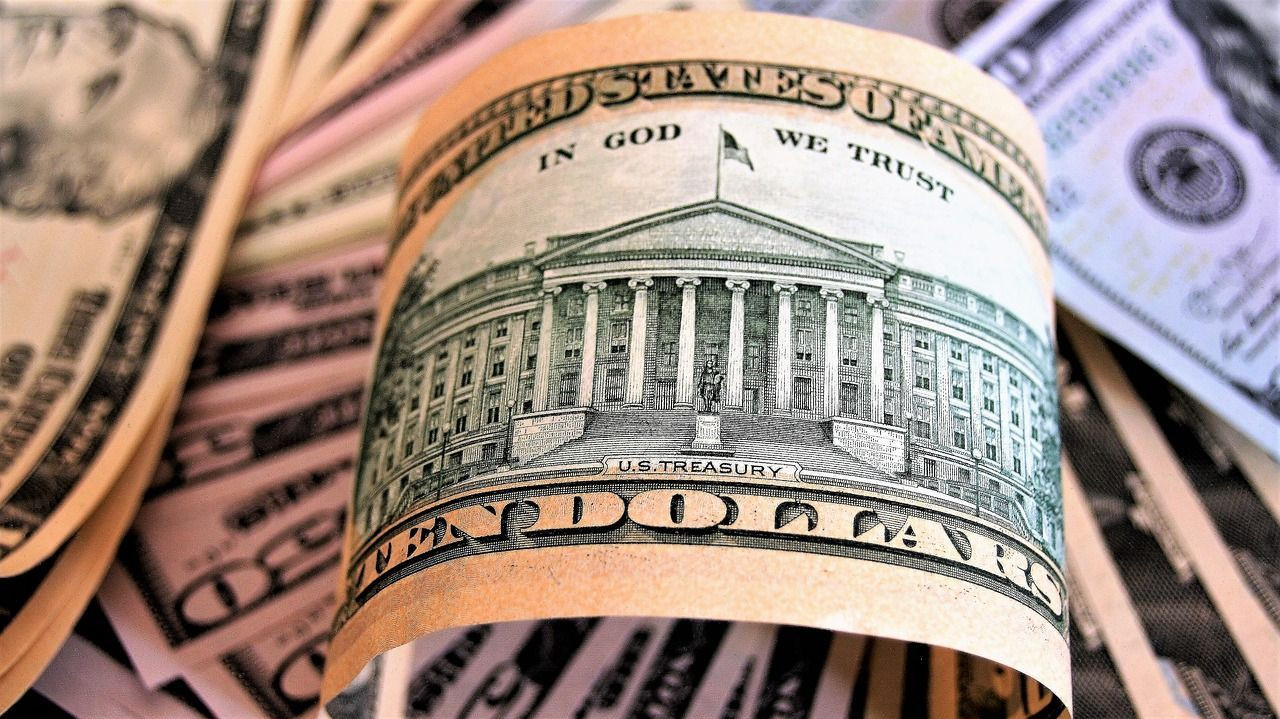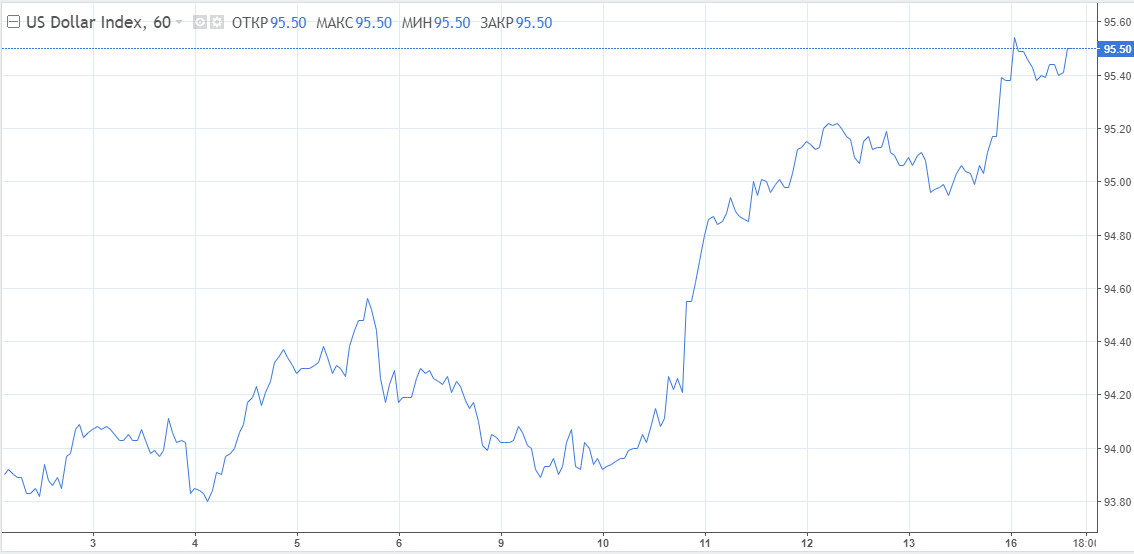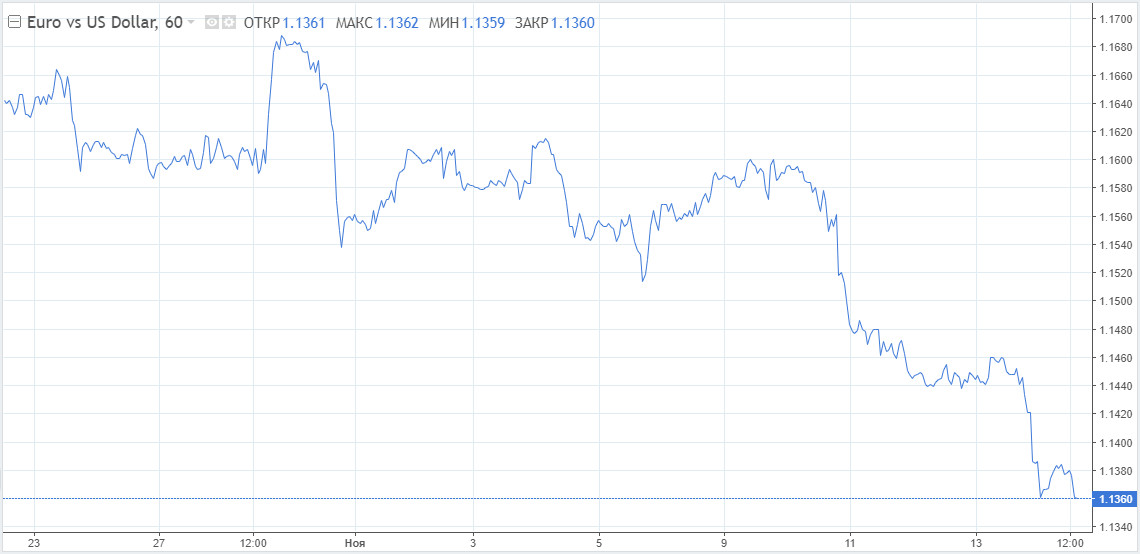
The Fed and the ECB policymakers persistently talk about the temporary nature of inflation, even though the facts prove the opposite. They may be partially right, namely, that inflationary pressures may ease in 2022. However, it is unlikely that the inflation, while accelerating throughout the year, can be called transitory.
Jerome Powell continues to assure markets that the current price spike is due to supply chain bottlenecks and labor market trends. However, the Central Bank's core inflation assessment indicates that the monthly inflation component estimated at 4.2% is stable.
This reading contradicts the Fed's comments and the emerging opinion that inflation has long been below the regulator's target of 2%. The price component of the metric has probably been around 2% since the start of the crisis, and it has been rising sharply since this year. Hence, stabilizing the long-term average inflation rate at 2% would not require a period of higher price pressure.
The inflation surge is a big problem for the country and for Powell himself, who may not be re-elected to his next term as head of the Fed. The re-election of the chairman happens at a very unpleasant and difficult time. There is another side to the coin, according to which what is happening, on the contrary, will play on Powell's side. He may continue to be wrong about inflation, claiming it is temporary. Lael Brainard, Powell's real opponent and the only Democrat on the regulator's Board of Governors, is even softer on monetary policy. In her opinion, rates should be kept as low as possible for as long as possible.
Inflation hits not only Powell's but also Joe Biden's rating. In a rational world, the ideal candidate to head the Central Bank would be a hawk or economist who is capable of withstanding the political changes. Since the US economic climate is not rational right now, the perfect option is to reappoint Powell.
The day before, two Fed's doves advised the markets to be patient and not to wait for a quick rate hike. First, the tapering of the QE program needs to be completed, and only then the situation around inflation will become clearer. If the rates are raised sooner, it will not prevent prices from a sharp hike, but it will damage the labor market.
Markets, on the other hand, are still obsessed with the Consumer Price Index statistics, which jumped 6.2% year-over-year. This is the fastest pace in three decades. There is growing confidence that the scenario in which the Fed will be forced to tighten monetary policy faster than originally anticipated may come true. In this regard, traders are bracing for a further strengthening of the dollar.
According to the St. Louis Fed, inflation expectations in the country climbed on Monday to their highest levels since March 2005. The index has been rising strongly since late September and has now reached 2.76% heating investors' expectations for a rate hike.
Does this mean that the quote fully reflects the growth potential? The answer is: no. With minor downward corrections and external boosts, the dollar will continue to quietly climb to a new high.

On Monday, after a pullback, the dollar index was able to bounce higher again after the statements of ECB head Christine Lagarde. The ECB head made it clear that there would be no rate increase next year. Nothing has changed about inflation either. The Central Bank still considers it temporary. This is a verdict for the euro. In other words, Lagarde has taken away the last hope for euro bulls to recover the euro.
The dollar is winning amid this background. Although it performed a corrective pullback on Tuesday, the USD index will remain positive, at least while trading above 92.15.
With further development of a downtrend correction, the USD index should receive strong support around the October high of 94.50.
Today, investors pay close attention to the Eurozone GDP data for the third quarter. The economy is expected to grow by 3.7% year on year.
The US is releasing its retail sales report for October. Looking at these figures, investors will try to understand how inflation affects consumer activity. If the report does not result in a steep decline in US government bond yields, the USD is likely to hold its ground and that means the EUR/USD has no chance of recovery.
Support is located at 1.1360. If the trading session closes below this mark it is likely to strengthen the bearish sentiment and may drag the price towards 1.1300.

 English
English 
 Русский
Русский Bahasa Indonesia
Bahasa Indonesia Bahasa Malay
Bahasa Malay ไทย
ไทย Español
Español Deutsch
Deutsch Български
Български Français
Français Tiếng Việt
Tiếng Việt 中文
中文 বাংলা
বাংলা हिन्दी
हिन्दी Čeština
Čeština Українська
Українська Română
Română

